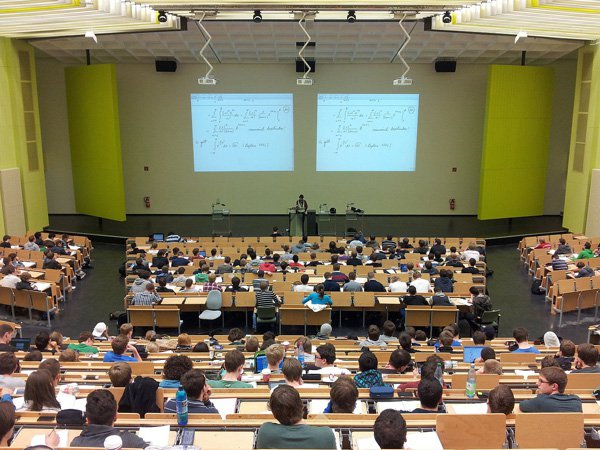
Certified management accounting CMA online Program through Logic School of International Studies.
Mylogic.online.
The Certified Management Accountant (CMA) professional credential, offered by the Institute of Management Accountants (IMA), is the certification to get if you’re in the management accounting profession. While you don’t have to become a CMA to work as a management accountant, more than 30,000 people have chosen to do so since the program’s inception in 1972, and you might want to as well. In this article, we’ll take a look at what four CMA holders have to say about the designation’s benefits.
Why Become a CMA?
The professionals we interviewed all said they pursued the CMA credential for career advancement.
“I decided to go after my CMA because I felt that the CPA left some gap in the trade skills that I needed to have to continue my career in industry,” says Ben Mulling, CFO of TENTE Casters, Inc., in Hebron, Ky. Mulling is a member of IMA’s Global Board of Directors and also holds the Certified Public Accountant (CPA) and Certified Information Technology Professional (CITP) designations.
Lon Searle, CFO of YESCO Franchising LLC in Salt Lake City, Utah, said he decided to become a CMA because he knew he would be promoted to CFO someday and he wanted to be prepared to be a world-class financial leader.
Steve Kuchen, a member of the IMA’s Small Business Financial and Regulatory Affairs Committee, says, “After leaving a job, I went to a search firm specializing in finance and accounting professionals and the recruiter really impressed upon me how important it was to have some credentials after my name. He thought that the CMA would be just right based on my prior experiences and interests.”
Financial Cost
Earning your CMA has the following financial costs:
- Annual IMA membership fees are $39 to $230 depending on whether you are a student, academic, young professional or professional.
- CMA program entrance costs $225, but student or academic IMA members are eligible for a $150 discount.
- CMA exam fees are $300 or $350 per part, depending on how you register and when you take the exams, for a total of $600 or $700.
- The ongoing annual CMA maintenance fee is $30.
Time Commitment
Earning your CMA requires a significant time commitment. You have to meet requirements for education and work experience. You’ll also need to study for and pass two exams, which you’re allowed a maximum of three years from program entry to complete. Once you become a CMA, you must complete 30 hours of continuing professional education annually.
Job Opportunities, Career Advancement and Earning Potential
Searle says the CMA certification provides a very large advantage in the job market. There are jobs that require either a CPA or CMA designation, he says.
Mulling says the CMA credential has “tremendously” helped him in his career. “It provided me with critical decision-support skills that I have used to advance my career to CFO of my company,” he says. Even with his CPA license, he says he could not have succeeded in guiding his company through the recession and back into growth mode without the skills he mastered as a CMA.
Bos says earning the CMA designation gave her credibility and confidence. “I was already working as an accountant for several years, but the CMA gave me more visibility,” she says.
Like Mulling and Bos, Searle says the CMA has added value to his career. “I have used the knowledge gained during my studies for the exam in all areas of my job as a CFO including strategic planning, coaching staff, marketing, financial analysis, decision making and banking. It was a much more applicable educational experience than studying for and passing the CPA exam,” he says.
Kuchen says attaining the CMA shows that you are serious about your career and interested in improving your skill set. He also says the CMA material is very relevant to real-world situations you might encounter, not only in finance and accounting, but also in other disciplines like information technology.
Finally, the IMA’s most recent annual survey of its members found that CMAs earn nearly $27,000 more in total compensation than non-CMAs.







